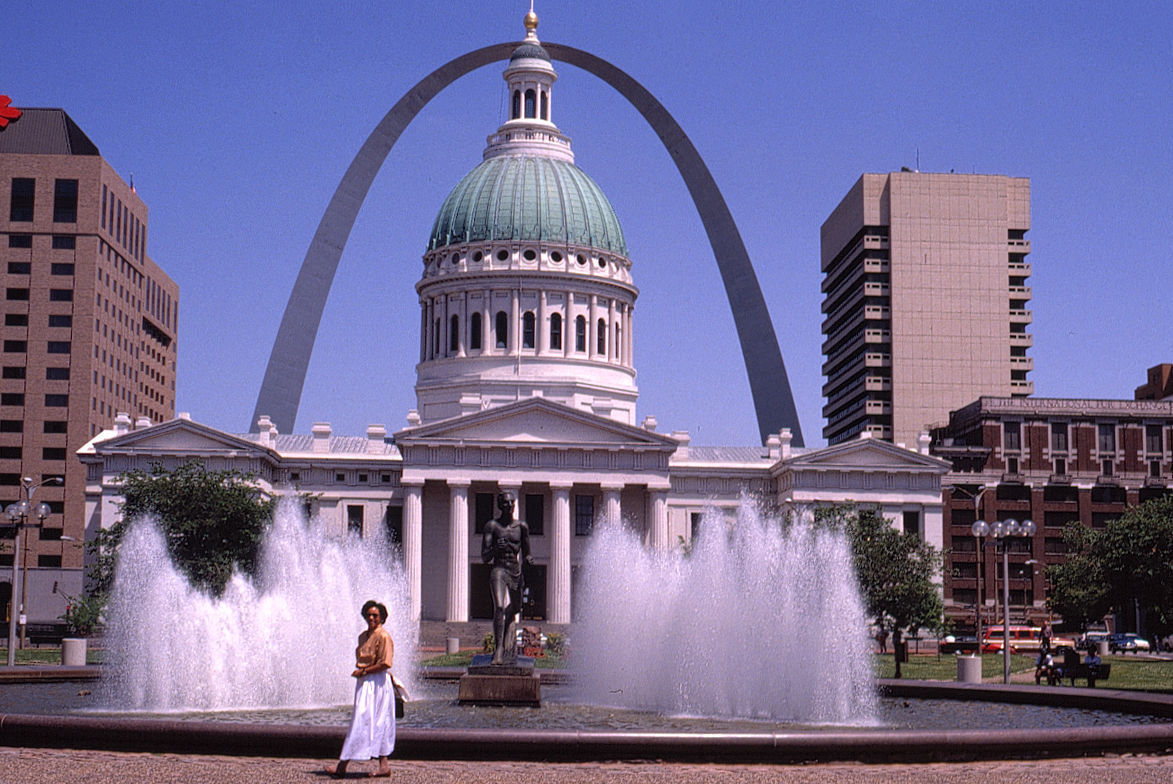Nothing brings home the reality of oppression and injustice more than the plight of Palestinians in Israel. Since the formation of the Israeli state in 1948, Palestinians have been displaced from homes they had occupied for years, forced into camps watched over by armed Israeli security guards. Some of these people have been living in refugee camps since 1948, some since the Second Infintada in 1967. Sixty two years without a permanent home, a lifetime. Still, these facts are merely numbers, not a reality, until one has seen the truth firsthand.
I had the opportunity to travel in Israel during December of 2009. During my time there, I visited Tel Aviv, the Dead Sea, Ramallah in the West Bank, Jerusalem and Bethleham. However, nothing was so striking as the morning I spent in Dheisha, a refugee camp within the West Bank. Before my trip I was not firmly on either side in the conflict; I understood the need for a Jewish homeland, but also saw the injustice of carving such a land from the homes of an already settled people. I was also under the misapprehension that the Israel-Palestine conflict was a matter of religion rather than then politics of oppression.
Thousands of people call Dheisha home; children have been born who have never known any existence outside of camp walls. Gray water and garbage lined the narrow streets between tenement apartments occupied by families of five. Children played with deflated soccer balls, running up and down stairways next to exposed pipes and corrugated tin roofs. Social workers lamented the lack of resources and the enormous amount of trauma they saw in the population; this was not a matter of one or two, but an entire people being traumatized. Over the rooftops of buildings, one could see the red roofs of Israeli settlements, slowly encroaching upon new territory.
Despite the conditions, the harshest reality check came in the form of an Israeli curfew on the camp, imposed intermittently and arbitrarily. My guide explained that at times, the camp would be under a 24 hour curfew, with people unable to walk out of their front doors, even to get food and water. Residents simply made do with what was already in their homes. Such curfews, in the past, had lasted for 38 days. Thirty eight days with residents unable to leave their homes under threat of being shot by patrolling Israeli soldiers. Children unable to play with their friends, families unable to go to the store, sick people unable to receive medical care.
Art depicting the Palestinian flag in chains covered the camp. These messages of hope and rebellion spoke to a place deep inside of me, that place which rails against tyranny of all shapes and sizes. This was not a broken people, thrown about at the whims of fate, but a people committed to fighting this injustice through peaceful means. No one in the camp condoned acts of violence against their oppressors at any time, recognizing this only prolonged their internment and reducing the chances of gaining freedom. Not an issue of religion, not Muslim against Jew, but rather the oppressed against the oppresors, people simply asking for basic human rights which have been denied them.
It was jarring to visit the holocaust museum in Jerusalem two days later. No one through history has suffered as the Jewish people have suffered, and the memorials to those fallen to the hatred and genocide of the Nazi regime was harrowing. However, it seemed the residents of Israel had not learned the ways of peace from their history. The parallels between the ghettos in Germany and Poland and the refugee camps in the West Bank and Gaza were too obvious to be ignored, and put this conflict in perspective for me which I had never before experienced. As the Jews had suffered, so now are the Palestinians suffering.
My heart aches for all those under the boot of a power they are unable to oppose. Peoples and cultures throughout history have been discriminated against, ridiculed and exterminated, and it is never right for a more powerful nation to impose its will on a culture it does not understand. My experience in the Palestinian refugee camp of Dheisha made me burn to fight for those who have no voice and bring to light those questions which are not being answered. That day my life altered, to work every day for a world where all have those basic human rights we so often take for granted.
My guide summed up the most powerful weapon we have to correct this injustice. Speak, he told me, and tell people what you have seen. We must acknowledge the oppression and hardship of the Palestinian people at the hands of Israel if we are truly to be an informed player on the international stage, and to be worthy of our name. America, land of the free, home of the brave. Together, we can work to make freedom of choice a reality for all the citizens of Palestine.
Dear Reader: This page may contain affiliate links which may earn a commission if you click through and make a purchase. Our independent journalism is not influenced by any advertiser or commercial initiative unless it is clearly marked as sponsored content. As travel products change, please be sure to reconfirm all details and stay up to date with current events to ensure a safe and successful trip.











